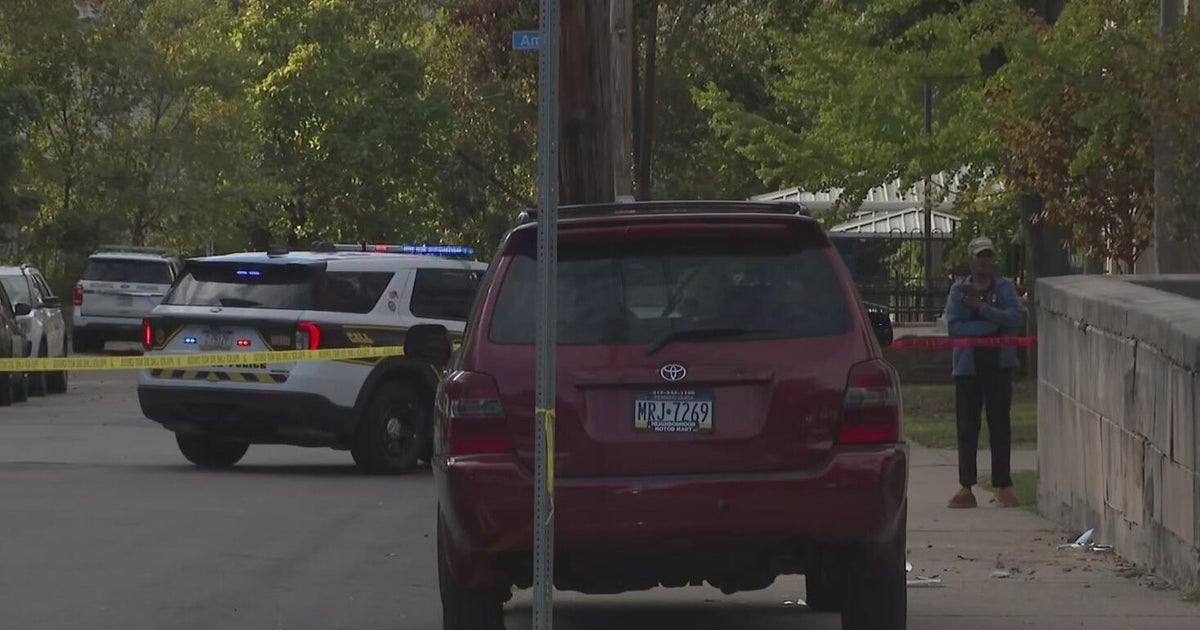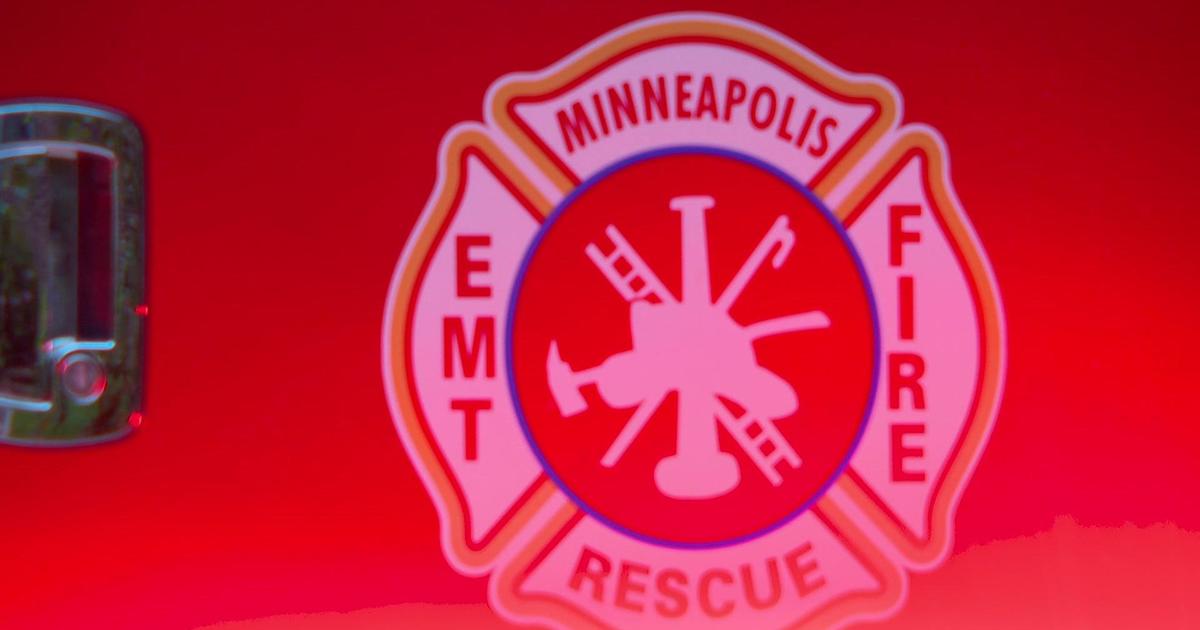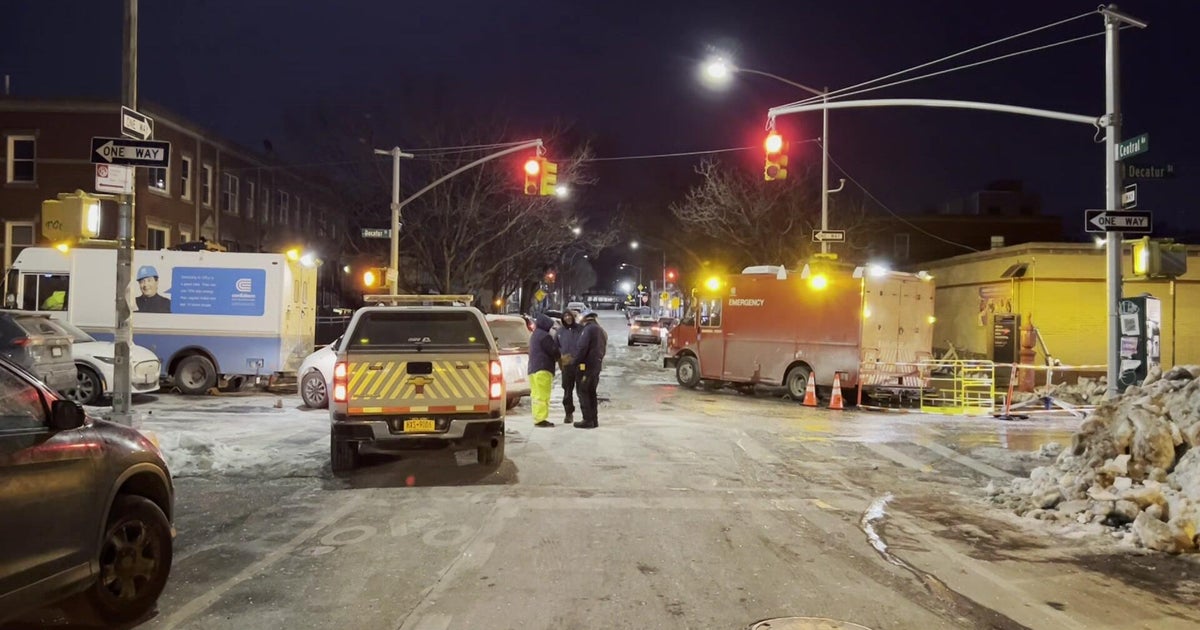Ida's Impact: Safely Cleaning Storm Damage Following Wednesday's Storms
PITTSBURGH (KDKA) - Today, across our area there will be a chorus of singing - a chorus of chainsaws.
Tree removal is one of the biggest injury risks after storms like the one that moved through on Wednesday.
The tree comes down and it has to be dealt with, but the first question is - who is going to do it?
One of the first places to start is checking out your homeowner's policy. If the tree did any kind of claimable damage to your property, home, or car, the tree removal may be covered by your insurance.
If the tree is touching any kind of utility line, stay clear and wait for the utility company to remove it.
Look for any broken or hanging limbs that may fall on your family, car, or property, and make those your priority to remove right away.
If you plan to do the work on your own, be sure to wear protective gear and make sure you know where what you are planning to is going to fall.
Now, if the tree is still in the ground, you may be able to save it by pruning the broken limbs, but if the trunk is split, it's not going to survive and has to be removed.
If the tree is leaning and partially uprooted, those trees rarely survive and it will need to come down.
Downed trees aren't the only concern after a strong storm. There are basements and whole homes being flooded.
WATCH: Safely Cleaning A Flooded Basement
Once the shock of a basement or home being flooded passes, the trauma of cleaning up comes next.
Not only are belongings lost, but that floodwater brings a series of health concerns.
Among the first things to do is to take pictures of everything that has been damaged - even if you've already put it out at the curb for pickup.
The soggy, gooey mess carries the hazard of whatever was in the floodwaters from sewage to chemicals.
Make sure to wear protective clothing, gloves, and more as you handle the mess.
Mold is the enemy so anything saturated needs to be put outside. Hose down the hard surface items, but discard anything that absorbs the floodwaters like carpeting, mattresses, pillows, and stuffed animals.
As for foodstuffs, throw out any fresh foods and any glass containers and canned foods that ended up in the flood.
Also, clean everything with bleach but don't exceed a cup of bleach to a gallon of water - and never mix bleach and ammonia.
Let the bleach sit on the surface for at least a couple of minutes before rinsing.
When it comes to clothing, if you have a prewash cycle, use it with cool water and use powdered laundry detergent which is most effective at getting this kind of dirt out.
Keep the loads small, rinse, spin dry, and then put the load through a normal wash cycle using the hottest water the fabric can survive.







